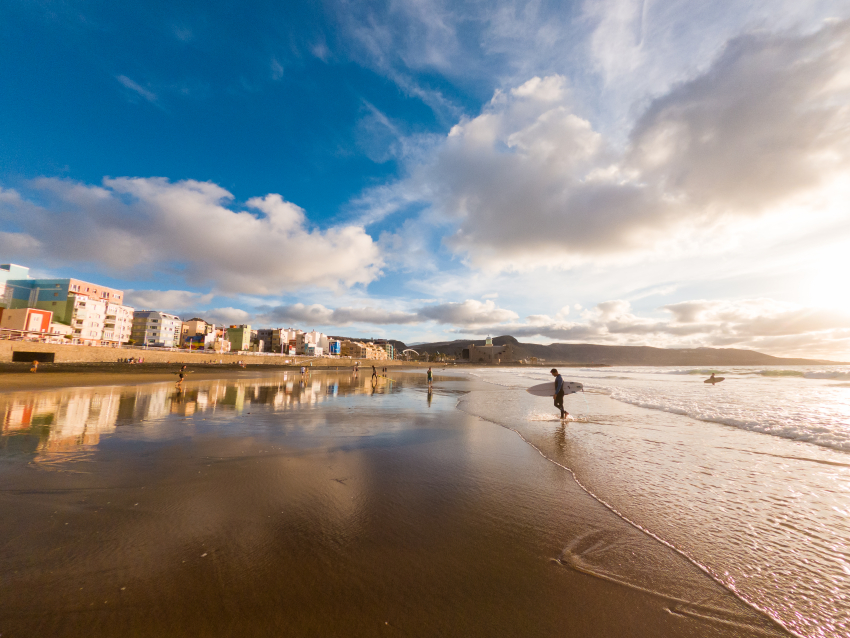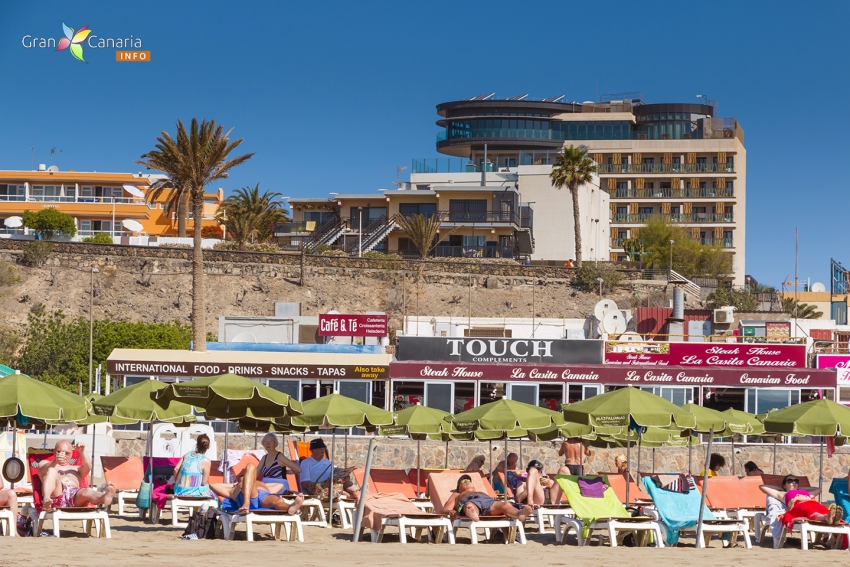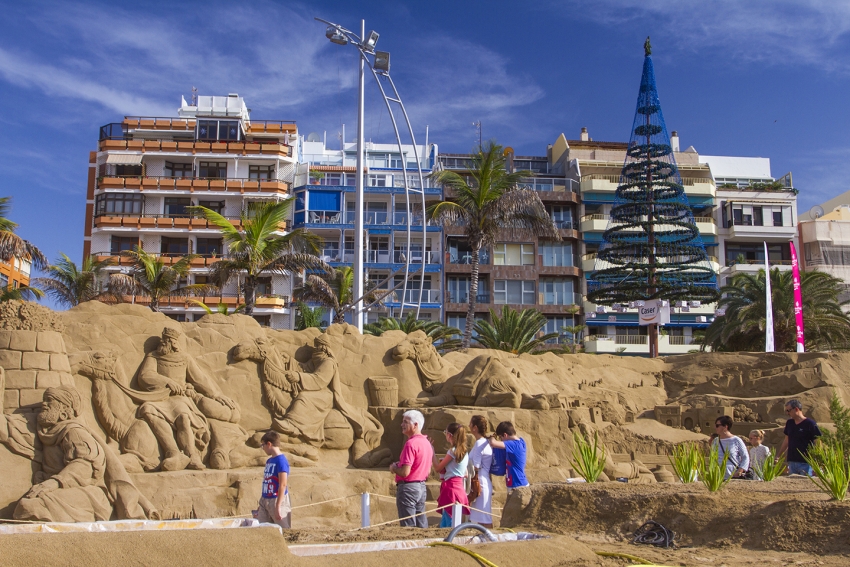Living In Gran Canaria: Setting Up A Tax Efficient Company (ZEC)
The Canary Islands offer the most generous tax regime in the whole of Europe for companies and entrepreneurs.
Gran Canaria is part of the ZEC, or Canary Islands Special Zone. What’s special about it?
Well, open a business in Gran Canaria and tick all the boxes, and you pay just 4% corporate income tax and gets a slew of other benefits.
What is the ZEC?
The ZEC is a low-taxation zone focused on the Canary Islands. Its main purpose is to encourage European businesses to move to the Canaries, or set up subsidiaries here, to provide jobs and experience to local people and boost the economy. In exchange, it offers businesses one of the lowest corporate tax regimes in Europe.
The ZEC has the full support of the EU, the Spanish tax authorities, and the Canarian Government. It stands out as one of the few legally sound low-taxation centres in Europe. If you are planning to set up a Gran Canaria business, you need to know about the ZEC.
It’s also well established with over 400 ZEC companies, including Rolls Royce, currently operating in the Canary Islands. ZEC entities employ over 4500 people on the islands.
The advantages of a ZEC business in Gran Canaria
ZEC companies pay Spanish Corporate Income Tax at 4% (the EU average is 23%).
ZEC companies can pay dividends to their EU subsidiaries of parent company without any withholding tax. This is thanks to the Parent-Subsidiary Directive of the European Union.
ZEC firms also benefit from the 85 double taxation treaties established between the EU and other countries.
A ZEC entity is also exempt from Property Transfer Tax and Stamp Duty (ITP-AJD).
Imports made by ZEC companies, and goods and services traded between them, are exempt from Canary Islands General Indirect Tax (IGIC). Canarian IGIC is the equivalent of VAT and is currently 7%.
Why set up a ZEC Gran Canaria business
Gran Canaria has the largest city in the Canary Islands in Las Palmas de Gran Canaria, and the largest port. It’s also well connected to the rest of Europe and to Africa by air, and has a large, and booming tourism industry and a growing oil-services sector.
It’s the logical choice of location to set up a ZEC business as it has the best infrastucture and support services in the Canary Islands (Tenerife may well disagree about this). Salaries are low by European standards, and there is a healthy pool of university-educated Canarians looking for work.
From a lifestyle point of view, Gran Canaria takes some beating. It has excellent weather, a huge range of quality restaurants and bars and all the services and security you’d expect from a European city. In short, an excellent place to live and work.
What are the requirements for setting up a ZEC business in Gran Canaria?
A ZEC company must be a new corporate entity based in the Canary Islands.
At least one of the administrators or legal representatives must reside in the Canary Islands.
A ZEC entity must make a minimum investment of 100,000 euros (in Gran Canaria and Tenerife) or 50,000 euros (in the other Islands) in fixed assets within the first two years. This investment can be in Gran Canaria property.
ZEC companies must create 5 jobs (in Gran Canaria and Tenerife) or 3 (in the other islands) during the first six months, and maintain this minimum number of employees on average.
ZEC entities must also be in one of these sectors or service industries.
NOTE: The list of approved sectors is long and most companies will be able to find a way to fit their activities into the ZEC rules. Service companies can set up anywhere in the Canary Islands.
How do I set up a ZEC company in Gran Canaria?
The first stage is to make contact with the ZEC organisation. They will provide all the information you need to get set up, a road map of procedures, and ongoing support.
There is a fair amount of paperwork associated with the process (you need to get your business activity approved, start a local company, register with tax authorities, etc) so it takes months rather than weeks. The best way to get this done effectively is to use a quality local business consultant, such as Montelongo Asesores, to get all the paperwork sorted.
We’d also advise you to network with people who have already established ZEC businesses on the island. They will give you invaluable advice about how to set up in Gran Canaria.
As for costs, it’s €850 to inscribe your company in the ZEC registry and between €1300 and €1500 per annum thereafter.
Living In Gran Canaria: Opening A Business
If you’re planning to open a Gran Canaria business, the first thing you need to do (after a market study and lots of research) is to work out what type of company or self-employed status is best.
Study For An International University Degree In Business Administration In Gran Canaria
With its international outlook and bilingual business culture, Gran Canaria is an ideal spot to study international business. The MBA Business School has offered higher education since 1986.
Gran Canaria Tourism Figures Overwhelmingly Positive: Brits Leading The Way
As we head into peak season, the latest tourism figures for Gran Canaria are positive across the board.
Gran Canaria Info recommends:
- Default
- Title
- Date
- Random















